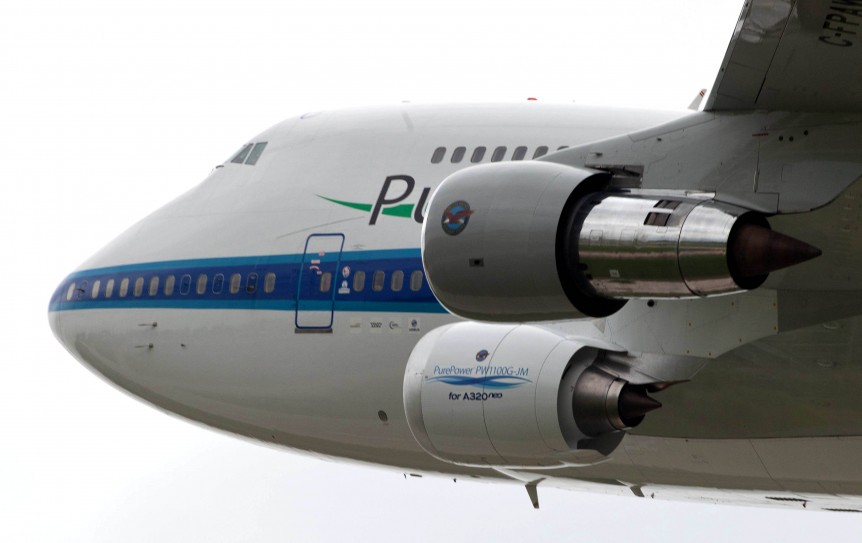Ilan Kroo, in a 2014 Electric Aircraft Symposium presentation, showed that a “narrow-body” airliner (for example, the Boeing 737-800) is able to fly one passenger coast-to-coast on 29 gallons of fuel, at about 81 passenger miles per gallon. Driving responsibly, a carpool of four or five in a Prius could show greater operational economy, but take about 40 or more hours to make the trip (and lots of breaks) compared to the five hours in one jump it takes the Boeing. Worse, the same Prius is often stuck in gridlock traffic for short drives with only the driver on board. Even a hybrid’s mileage suffers under such circumstances. Several popular publications have taken up that “meme” in the last week. Nick Stockton, writing in Mother Jones’ environment section, informs his readers that airlines are already competitive with cars on a passenger mile basis, and that because “Fuel economy is hardwired into the airline industry’s DNA,” there could be benefits for …
Hydrogen as a Biofuel?
While we’ve written recently about “artificial leaves” that emulate the photosynthesis of their real counterparts, researchers have announced the discovery of a way to extract hydrogen from any plant, which “could help end our dependence on fossil fuels,” according to Y. H. Percival Zhang, associate professor of biological systems engineering in the College of Agriculture and Life Sciences and the College of Engineering at Virginia Polytechnic Institute and State University (Virginia Tech). The school describes the process as a “breakthrough that has the potential to bring a low-cost, environmentally friendly fuel source to the world.” Zhang has been working on the problem for over seven years, and like many pioneers, has endured the critical appraisal of those not in tune with his aspirations. Esquire magazine in its November 2006 issue labeled Zhang’s early iteration of his idea to break down plant sugars to create cheap cellulosic ethanol and possibly even hydrogen as the “Crazy idea of the year: “sugar cars.” …

